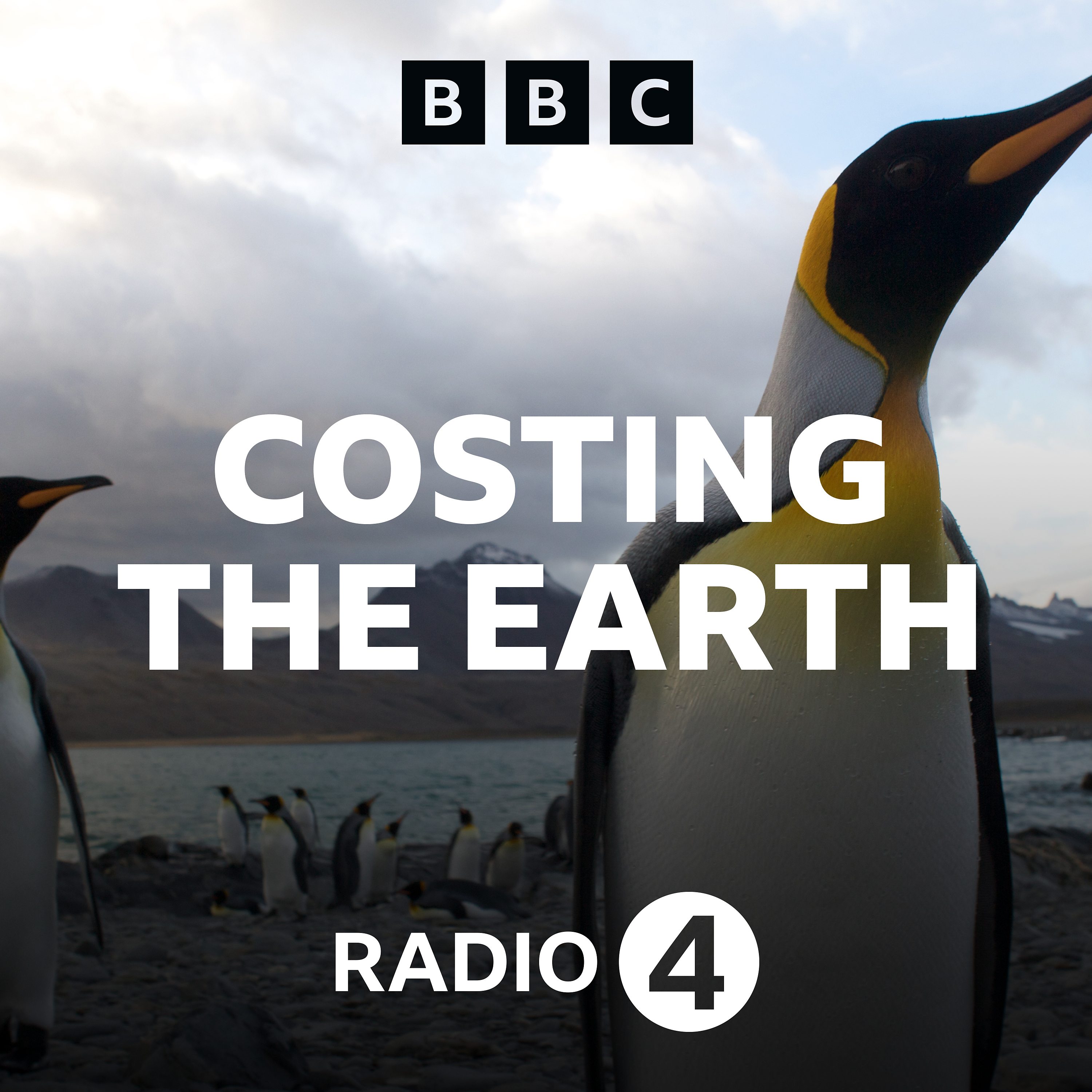Ukraine: A War on Nature
Description
It's said that the environment is the silent victim of war. In this programme, Tom Heap finds out how the conflict in Ukraine is affecting environmental work in the country. With so many people forced to flee, what happens to projects which were trying to protect fragile wildlife habitats? He talks to an award-winning Ukrainian environmentalist who has had to temporarily abandon his conservation project around Chernobyl in order to help with the humanitarian aid effort. Meanwhile, with airstrikes taking place in some of the most industrialised areas in the east of the country, the risk of long-term contamination from damaged coal mines and nuclear installations is very real. Tom asks what lessons can be learned from previous wars around the world, and discovers how long-lasting the environmental impacts of military action can be. How can environmental concerns be can be given a voice, instead of remaining the silent victim, at a time when the focus is understandably on saving human lives?
Produced by Emma Campbell
More Episodes
Tom Heap introduces Rare Earth, a programme exploring major stories about our environment.
Published 01/19/24
Steve Backshall lives in a new build house which is very energy efficient and almost totally off-grid. However, achieving this has been extremely time consuming, expensive and pretty stressful. For this episode of Costing the Earth, Steve explores why -- when the cost of heating our homes is...
Published 05/23/23
It's said that a teaspoon of soil contains more life than all of the humans on earth. Microscopic life that is - bacteria, fungi, protozoa, nematode worms and microarthropods like springtails and mites, but there's increasing evidence that this invisible world, the earth's microbiome, is under...
Published 05/16/23


